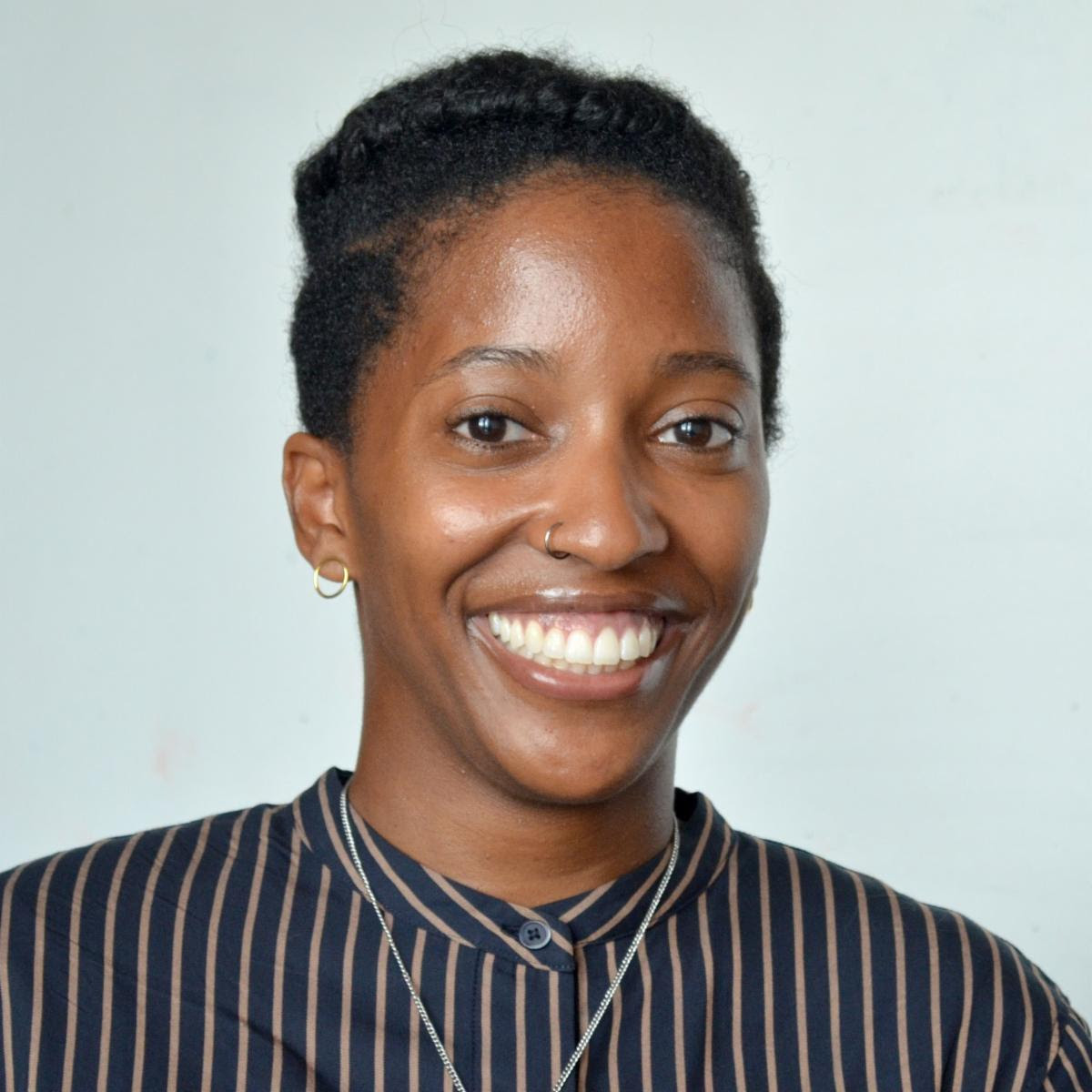Dr. Taylor Cain appointed to lead Boston's Housing Innovation Lab
i-Lab Team explores, experiments, and evaluates solutions to accelerate innovation in the housing sector
BOSTON - Thursday, September 19, 2019 - Mayor Martin J. Walsh announced today that Dr. Taylor Cain has been appointed as Director of the City of Boston's Housing Innovation Lab (i-Lab). As Director, Dr. Cain will lead citywide efforts to pioneer innovative housing models and systems, and accelerate the pace of innovation in the housing sector that promotes inclusion and equity across Boston neighborhoods.
"Creating opportunities for people of all income levels is critical to ensuring that Boston continues to be a city where people want to live and employers want to locate," said Mayor Walsh. "Dr. Cain has an incredible background that will suit her well in this new role, and I look forward to the ideas that will be generated under her leadership as we work to make Boston's housing stock accessible and affordable to all."
Dr. Cain, a Jamaica Plain resident, recently completed her Ph.D. in Sociology at Boston University, and also holds a bachelor's degree from Wesleyan University. In addition to her academic pursuits, Dr. Cain has worked with local nonprofit organizations and institutions on evaluation and research projects that focus on a range of issues, including economic development, racial equity, and displacement. Dr. Cain fell 'in curiosity' with Boston during her first few years of graduate school as she experienced the city and its neighborhoods through different forms of public transportation. Deeply intrigued by how people move through and experience place, Dr. Cain brings a sociological imagination to addressing the challenges of ensuring that Boston is a city that grows inclusively.
"Since its inception, the Housing Innovation Lab has infused a sense of curiosity, creativity, and the lived experiences of Boston residents into our conversations about housing," said Dr. Cain. "As the new director, I cannot wait to grow the threads of this work. I am looking forward to partnering with the many communities that care deeply about housing in Boston and exploring projects that grapple with the connections between housing, transportation, employment, and other important dimensions of urban life."
The Housing Innovation Lab under Dr. Cain's leadership will continue to take an innovative approach to addressing Boston's housing challenges. Since first being established by Mayor Walsh in 2015, the i-Lab has worked with residents and stakeholders to encourage the creation of new housing prototypes that promote affordability and alternative living arrangements.
Earlier this year, through the work of the i-Lab, the Additional Dwelling Unit (ADU) program was approved by the Boston Planning & Development Agency, allowing owner occupants to carve out space within their homes to create small, independent rental units. The citywide expansion of the ADU program follows a successful 18-month pilot program in Jamaica Plain, Mattapan, and East Boston. ADUs provide an opportunity to use existing infrastructure to increase affordable housing options, create safe living arrangements, and support multigenerational family arrangements. As part of his FY20 budget, Mayor Walsh dedicated $650,000 towards the program to provide zero-interest loans for income-eligible homeowners.
The i-Lab also spearheaded the City's Intergenerational Homeshare program, which leverages technology to match older adults with an extra room in their home with a responsible young person looking for affordable rent. The program initially launched a pilot program in 2017, and following its success, Mayor Walsh dedicated $100,000 in his FY20 budget to expand the program. This additional funding will allow the program to pair 100 matches by hiring a vendor to recruit and assist hosts, vet applicants and provide ongoing support for participants.
Building on this foundation, over the coming year under Dr. Cain's leadership, the lab will focus on projects that pertain to resilience, multigenerational living and community wealth building. Residents with thoughts or suggestions are welcome to attend the labs' office hours every Tuesday from 2:00 p.m. - 5:00 p.m. at the Department of Neighborhood Development offices at 26 Court Street. Whether it is an idea, a set of questions, or a desire to talk with a team who cares deeply about our residential environments, the lab is looking forward to connecting with different stakeholders in Boston.
The City of Boston's comprehensive housing strategy, Housing A Changing City: Boston 2030, calls for the production of 69,000 new housing units by 2030 to meet Boston's expected population growth. The new units will include 15,820 income-restricted accommodations, elevating Boston's total income-restricted inventory to 70,000. This will total to one in five of all housing units in the City. Two other goals are to preserve 85 percent of Boston's most at-risk, privately-owned affordable units and to purchase 1,000 units of rental housing stock from the speculative market. These would become income-restricted for perpetuity.
Mayor Walsh's 2019 housing security legislative package focuses on expanding the work that Boston has done to address the region's affordable housing crisis and displacement risks. He proposes new and strengthening current tools to leverage Boston's prosperity and create sustainable wealth opportunities to make Boston a more inclusive and equitable city. The housing security bills proposed seek to help existing tenants, particularly the elderly, remain in their homes, and create additional funding for affordable housing.
For more information about the Housing Innovation Lab, please visit here.
###


